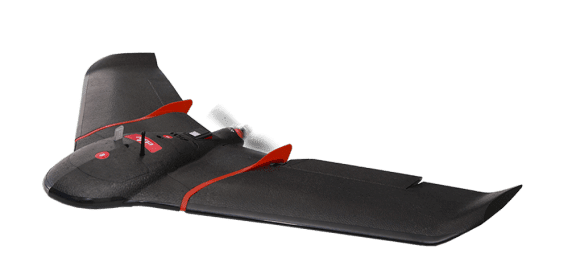What you can expect to study:
Transport Canada’s Drone Flight School list web page states: “These schools have self-declared that they provide training in line with Transport Canada standards.”
Our training may be longer than some as we believe in a thorough, experienced, and proven program that is designed for professional RPAS/drone pilots. As one of the first providers of drone training in Canada we use client feed back and our professional staff to provide an effective program for you.
Knowledge requirements for the Basic Operation Certificate and the Advanced Operation Certificate tests are very similar.
After passing the Advanced Operation Certificate exam, you will receive a Basic certificate until the Flight Review is passed (within 12 months of the successfully completed online Advanced exam). The Basic Operation Certificate means you are limited to basic operations, whereas the Advanced Operation Certificate means more options for flight and you can apply for an SFOC. Essentially the difference is on how and where you can operate the drone.

Basic RPAS / Drone Flight Operations
If you meet all 3 of these conditions, you’re conducting basic operations:
- You fly it in uncontrolled airspace
- You fly it more than 30 meters (100 feet) horizontally from bystanders
- You never fly it over bystanders
For basic operations, here are some of the rules you must follow:
- Register your drone with Transport Canada before you fly it for the first time
- Mark your drone with its registration number
- Pass a Transport Canada exam. (see below)
- Be able to show your Pilot Certificate – Basic Operations and proof of registration when you fly
Advanced RPAS / Drone Flight Operations
If you do not meet any 1 of the previous 3 conditions for basic operations, you are conducting advanced operations. For advanced operations, here are some of the rules you must follow:
- Pass the Small Advanced Exam
- Pass a flight review with a flight reviewer
- Fly within the operational limits of your drone
You can only use drones that meet the safety requirements for the operation you want to conduct. See tips on choosing the right drone before you fly.
Micro drones (under 250 grams) and drones that weigh more than 25 kilograms
Micro drones (under 250 grams) and drones that weigh more than 25 kilograms do not fall into the basic or advanced operations categories. If you have a micro drone, you must fly it away from aircraft and airports. Never put people, aircraft or property in danger. Only fly your drone where you can see it and avoid flying in clouds or fog. Always fly responsibly.
If your drone weighs over 25 kilograms or you want to fly outside the rules, you will need to get special permission from Transport Canada before you fly.